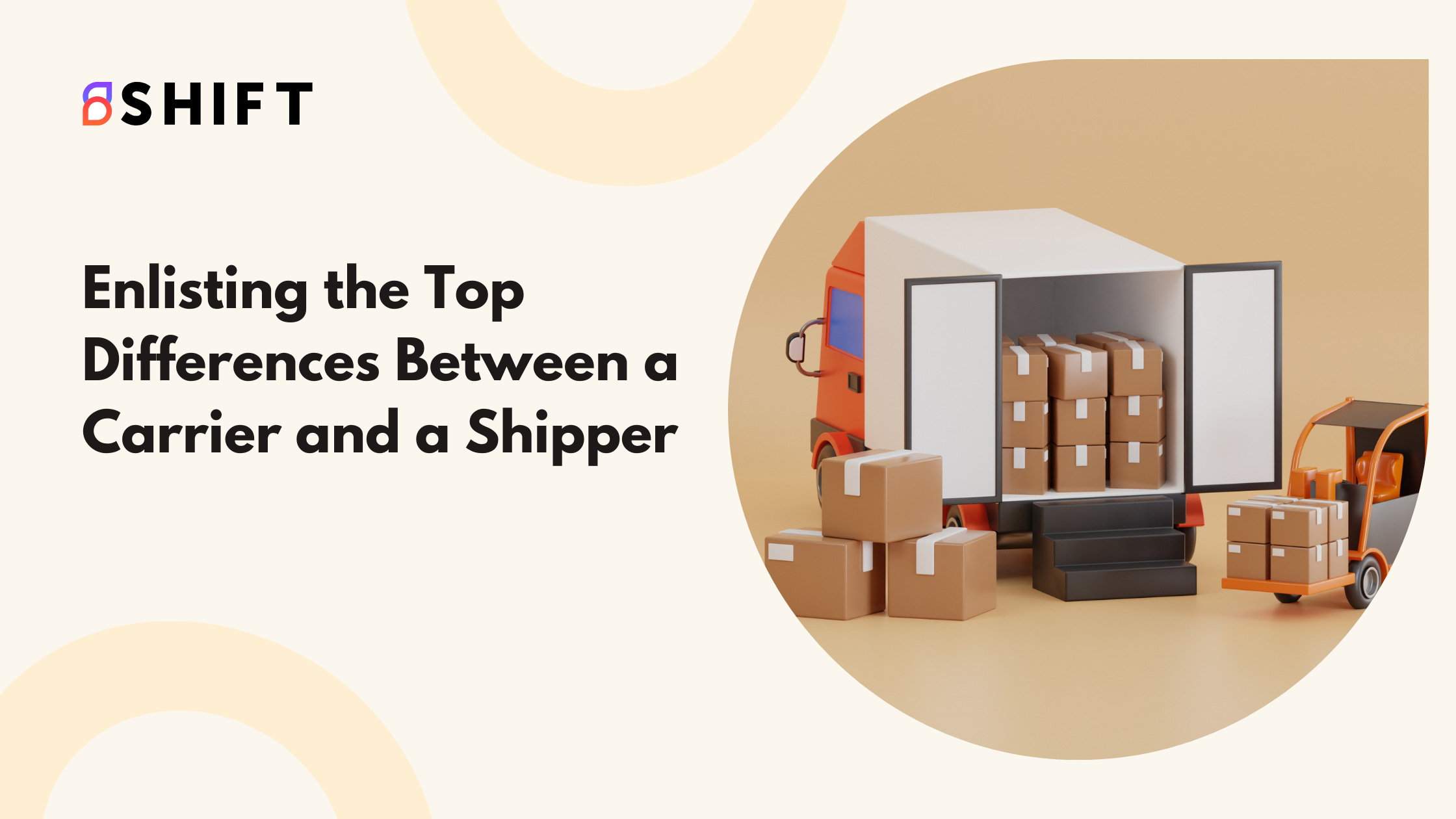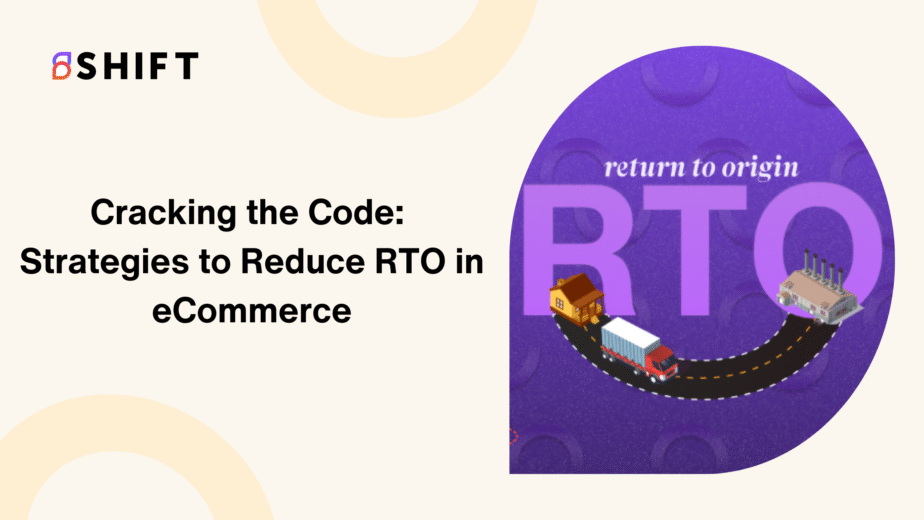When it comes to logistics and transportation, the terms “carrier” and “shipper” are often used interchangeably. However, these two entities play distinct roles in the movement of goods from one location to another. Whether you are new to the industry or looking to gain a deeper understanding of the logistics world, it’s essential to comprehend the differences between a carrier and a shipper.
In this blog post, we will outline the key dissimilarities between these two important players, carrier and shipper.
Definition Of Carrier and Shipper
Carrier
A carrier is a company or individual responsible for transporting goods or passengers from one place to another. Carriers provide the actual means of transportation, such as trucks, ships, planes, or trains. They assume liability for the safe and timely delivery of the goods and often have a range of services to offer, including freight forwarding, warehousing and fulfillment services, and distribution.
Shipper
A shipper is the entity or person who arranges the transportation of goods. Shippers are typically the owners or sellers of the goods and are responsible for packaging, labeling, and preparing the items for shipment. They initiate the transportation process by engaging carriers to move their goods from the point of origin to the destination.
Responsibility and Liability
- Carrier: As the party responsible for physically transporting the goods, carriers bear the primary liability for the shipment. They are accountable for any damage, loss, or delay that occurs during transit, unless it can be attributed to the shipper’s actions or circumstances beyond their control, such as natural disasters or customs issues.
- Shipper: Shippers have a different set of responsibilities and liabilities. Their role revolves around preparing the goods for transportation, including proper packaging, labeling, and documentation. Shippers must accurately declare the contents of the shipment and comply with applicable laws and regulations. They are responsible for any errors or inaccuracies in the shipping documents and may be liable for any damage caused by improper packaging.
Contracts and Agreements
- Carrier: Carriers often operate under contracts or agreements with shippers. These contracts outline the terms and conditions of the transportation service, including rates, delivery schedules, and liability limits. Carriers may have multiple agreements with different shippers, and they have the freedom to accept or decline shipment requests based on their capacity and operational constraints.
- Shipper: Shippers are responsible for negotiating contracts with carriers. They seek competitive rates and favorable terms to meet their transportation needs. Shippers must assess carrier reliability, insurance coverage, and service quality when selecting the most suitable provider. They have the flexibility to engage different carriers based on factors such as price, transit time, and geographical coverage.
Ownership of Goods
- Carrier: Carriers do not own the goods they transport. They act as custodians during transit and are responsible for safeguarding the items and ensuring their secure delivery. The goods remain the property of the shipper until they reach the designated recipient.
- Shipper: Shippers are the owners or sellers of the goods. They retain ownership until the goods are delivered to the consignee. Shippers may also have legal or financial interests in the goods, such as ensuring their timely arrival to fulfill customer orders or contractual obligations.
Conclusion
Carriers and shippers are distinct entities in the world of logistics and transportation. While carriers focus on physically moving the goods, shippers arrange and coordinate the transportation process. Carriers bear liability for the shipment’s safe and timely delivery, while shippers have responsibilities related to packaging, labeling, and documentation. Understanding these differences is crucial for both industry professionals and individuals involved in the shipping process to ensure effective collaboration and successful transportation operations.




